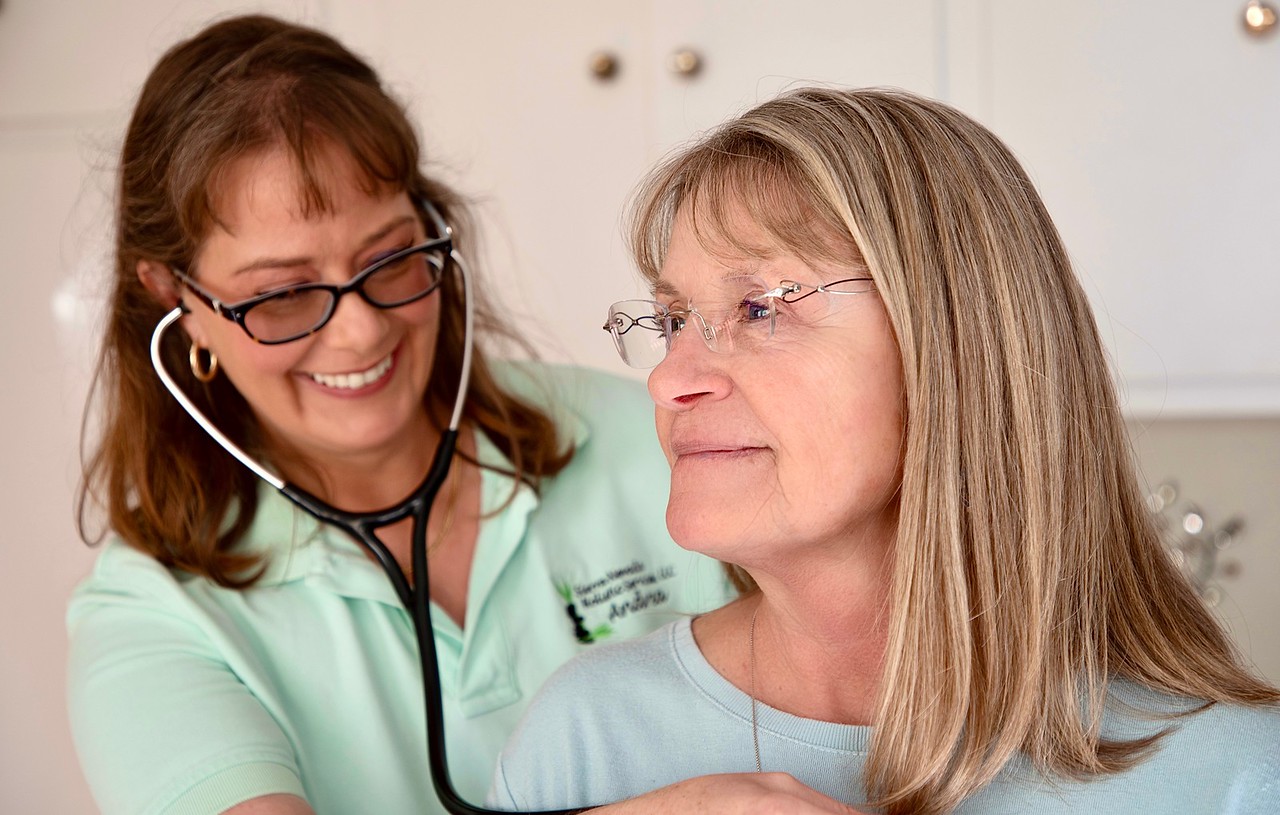
Happy Week To YOU!
Here in Northern Nevada, the weather is spring-like! But of course, we are known for crazy March weather… so no planting yet!
I had a patient that I was seeing for complaints in her neck. She had a long history of neck issues.
As she entered my office, I noticed she seemed to have balance issues. Upon finishing my examination of her neck, I asked her about her balance.
She went on to tell me that she had begun feeling wobbly, but wasn’t “dizzy” or light-headed. She described more of an uncertainty about her legs and feet. “I think I’m just getting older and less stable on my pins” was her self-assessment.
While this may be true as she wasn’t overly physically active, it could also be an indicator of worsening neck problems.
Specifically cervical spinal stenosis with myelopathy. A fancy way of saying the spinal cord is getting pinched. This ends up affecting the connection between the brain and the muscles below the pinched area.
This type of pinching or narrowing of the canal can be caused by degenerative changes in the vertebrae or the discs in-between the vertebrae, a thickening of the support for the spine, or diseases such as scoliosis or a vertebra sliding out of alinement in the spine (listhesis).
When the spinal cord is pinched or restricted from movement it can cause issues of weakness, loss of balance, trouble walking, and numbness/tingling. It can even cause bowel and bladder incontinence in severe cases.
The level of the cervical vertebrae involved can cause symptoms in the arms and/or legs.
This is a chronic and progressive disorder of the spine. Often balance issues and foot issues may develop years into the progression. Commonly, cervical myelopathy starts out with hand numbness and minor neck pain (if any).
The long-term effects include complete loss of function in one or more of the arms/legs. Generally, cervical stenosis can occur in any part of the spine, however, it is most common in the neck and lower back.
Treatments include self-care remedies, PT, medications, injections, and/or surgery.
So if you are starting to notice changes in the way you walk, have new balance problems, or are experiencing numbness/tingling in your hands/feet, see your healthcare provider. Especially if you have a history of neck problems or pain.
It is possible that the issue is your neck and not your age!
At The Healthy Back Program, we are dedicated to looking at the whole you! Not just your low back. The reality is, by being willing to look outside the box, the answer often stares you in the face!
Respectfully,
Andrea Felesina, APRN, LMT

